What the organ donation system can learn from global experiences with vaccine programs.
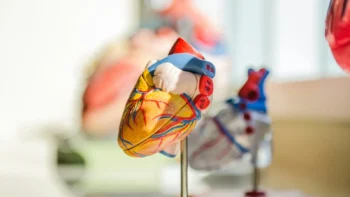

What the organ donation system can learn from global experiences with vaccine programs.
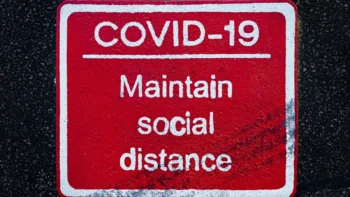
This study sought to explore public perceptions and feelings about the handling of the COVID-19 pandemic by governments and leading authorities in three European cities.
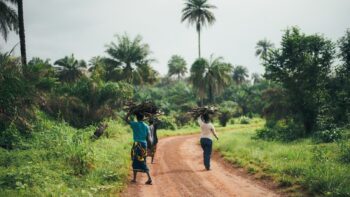
Drawing on ethnographic insights from fieldwork conducted in northern Sierra Leone, this paper proposes the notion of ‘social imaginaries of epidemics’ as a socio-historical lens through which to understand how people made sense of the COVID-19 pandemic and the ensuing response.
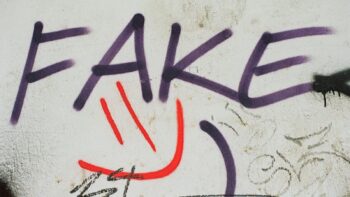
The global health community faces a deepening challenge — not only from infectious diseases but also
from a pandemic of misinformation, argues VCP founder, Heidi J. Larson.
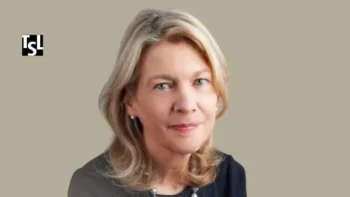
VCP founder Heidi J. Larson named one of the most dynamic business women shaping the future for her role in building bridges of trust in the fight against misinformation and vaccine hesitancy.
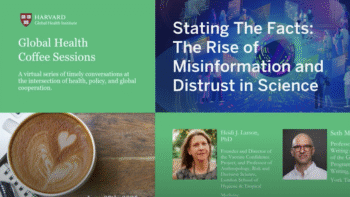
In this Global Health Coffee Session at the Harvard Global Health Institute, VCP founder Heidi J. Larson unpacks how misinformation spreads and strategies for rebuilding public trust in public health in a time of doubt.
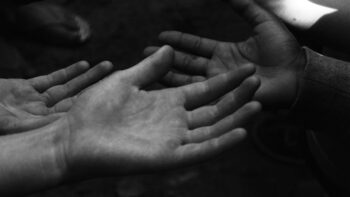
This paper offers two scenarios to argue for the possibilities of building trust during crises by engaging with existing distrust, with special reference to examples during the COVID-19 pandemic.
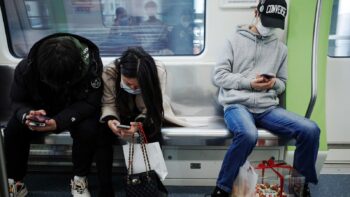
A new 70-country survey by The Global Listening Project, the VCP’s sister initiative, reveals that while people are demanding better healthcare and more information, trust in vaccines and institutions has declined in 9 out of 10 countries. Professor Heidi Larson speaks to Vaccines Today about the legacy of the COVID-19 pandemic on vaccine uptake.
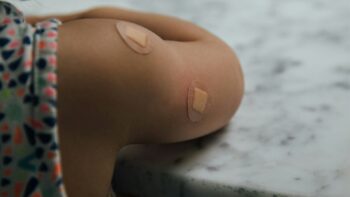
“A lot of people had no clue how toxic the [vaccine misinformation] environment was,” says Heidi Larson, who studies vaccine hesitancy at the London School of Hygiene & Tropical Medicine. “People who were taking vaccines for granted got exposed [to misinformation], and now there’s no turning back.”

Evidence shows that science and scientists remain highly trusted. But genuine scientific voices are not shouting loud enough over the noise to hold sway.
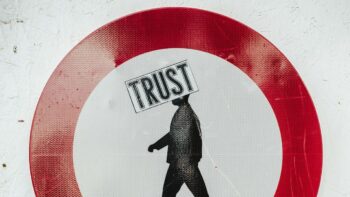
Trust is fundamental to cooperation, essential in times of crisis. Researching and understanding trust networks and perceptions of trustworthiness is therefore crucial in preparing for future health shocks, write Heidi Larson and colleagues.